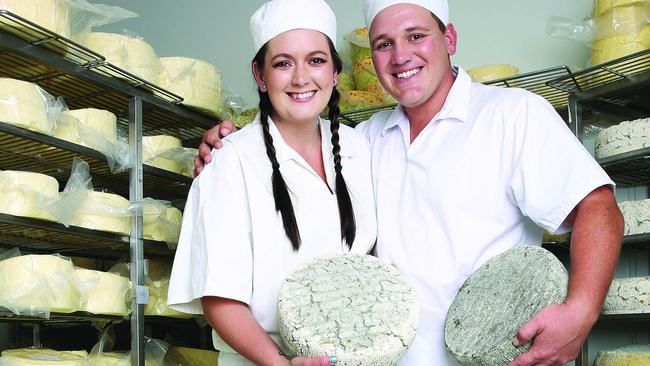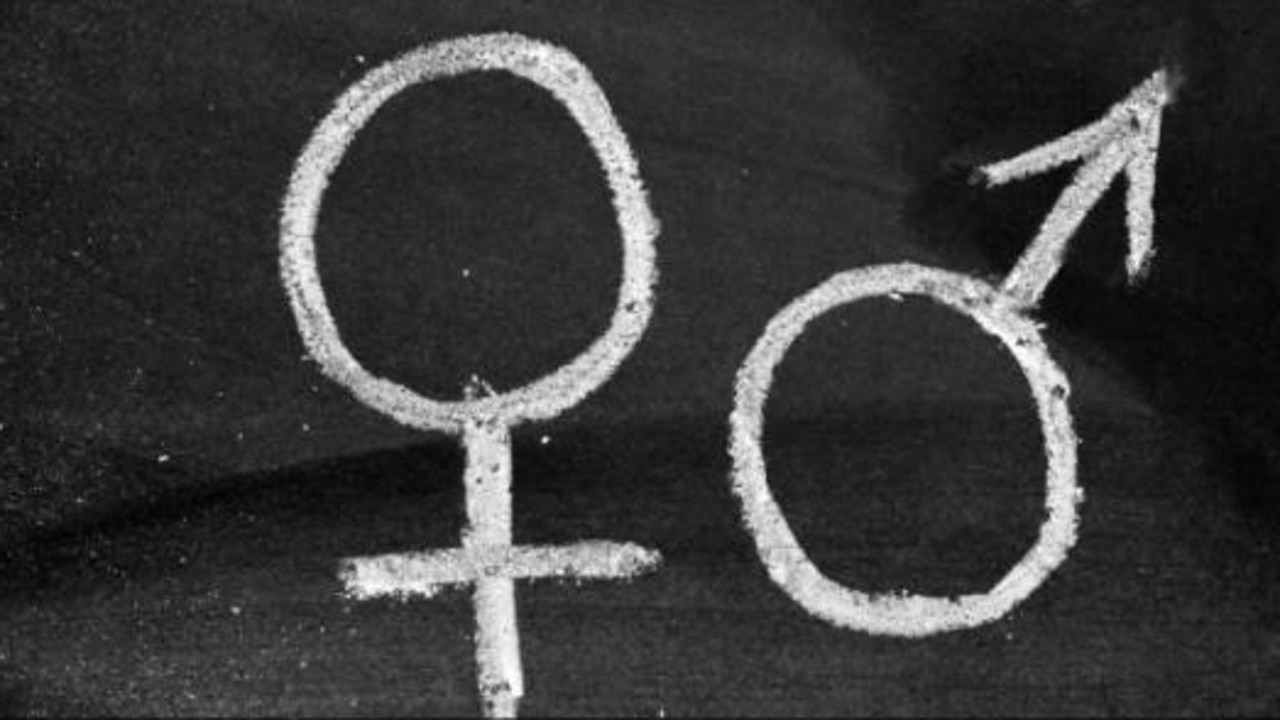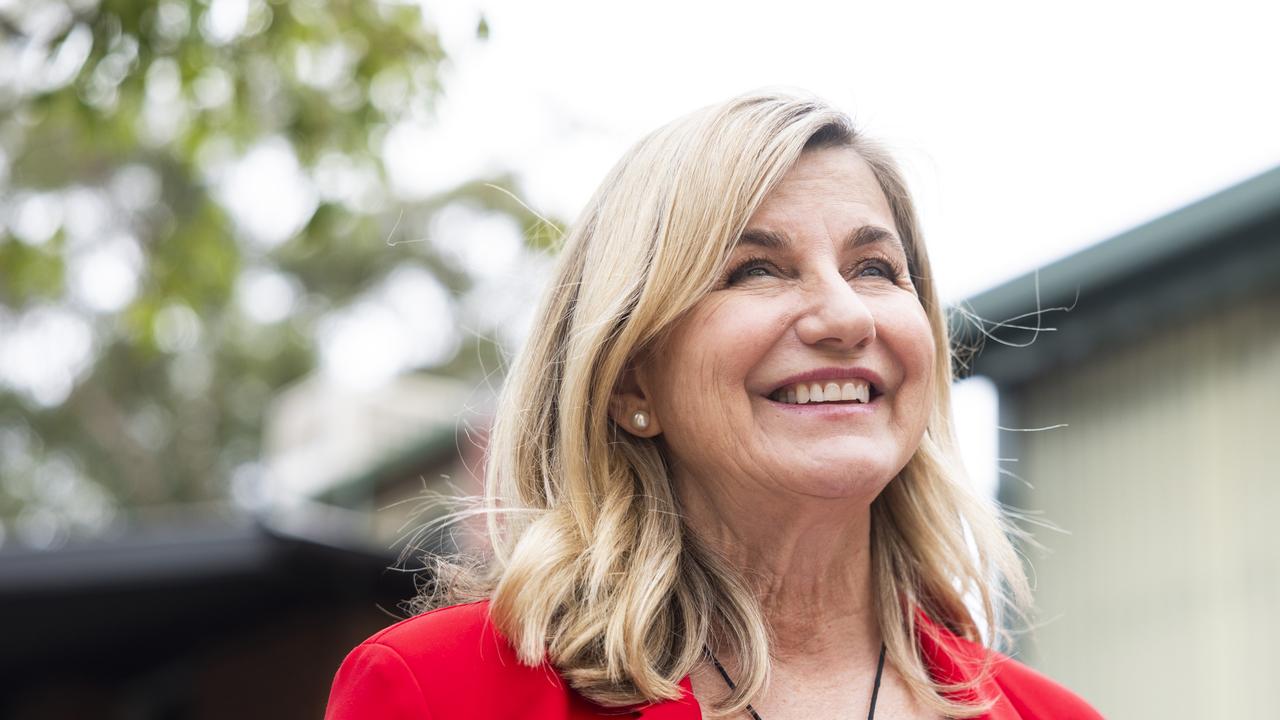Aussie dairy industry cheesed off with EU trade deal name grab
The dairy industry will be ‘devastated’ if the looming EU trade deal bans Australian cheese producers from using terms such as feta, brie, haloumi and parmesan.

The dairy industry will be “devastated” if – as it fears – the looming European trade deal bans Australian cheese producers from using terms such as feta, brie, haloumi and parmesan.
Dairy industry representatives will meet trade negotiators next week but fear they are being “sold out” to get the free-trade agreement over the line for the benefit of beef and other sectors.
Producers across the country told The Weekend Australian consumers would stop buying local cheeses if they weren’t clearly identified, with the loss in trade – and cost of rebranding and repackaging – a threat to viability.
Nationally, industry modelling suggests the resulting loss of market share would rip $220m from regional production and destroy 650 to 1000 jobs.
“It’s one of the biggest risks to the dairy industry we’ve ever had in a trade agreement,” said Rick Gladigau, Australian Industry Dairy Council chair. “This could be quite devastating.”
The EU already enjoyed a massive cheese trade imbalance, exporting 70,000 tonnes to Australia every year but importing only 600 tonnes of our product.
“They could easily flood us with a hell of a lot more if we create these new barriers to marketing and sale of our cheeses,” Mr Gladigau said. “If consumers walk into a shop and see something that we have to call ‘semi-style soft white crumbly cheese’ but then see something called ‘feta’ they are going to buy the ‘feta’.”
Mr Gladigau said the EU also sought to prevent use of European imagery, such as Greek columns on Greek-style yoghurt.
The issue is one of the last sticking points in the trade talks, which are continuing ahead of a final major round in April.
Trade Minister Don Farrell expressed sympathy for the industry’s arguments. “Everywhere I’ve gone I’ve made it clear that these are important issues for Australian producers,” he said.
“We won’t agree to a free-trade agreement with the EU for the sake of it. Australia will only agree to a trade deal that is in our interest, and that involves new meaningful market access.”
Tasmania’s Ashgrove Cheese has trialled its own regional cheese names but as a producer of feta, havarti and parmesan, as well as popular British-style cheeses, it has major concerns.
“These cheeses have gone all over the world and been described that way for a long time,” said managing director Richard Bennett.
Giving in to the EU could see the British demand a ban on ‘cheddar’ or red Leicester in their trade deal with Australia. “It sets a precedent,” he said.
Hunter Valley cheese maker Jason Chesworth said heritage of famous cheeses was shared: “I’m a third generation European immigrant so I’m very upset that they (the EU) are taking my cultural significance away from me.
“It’s not free trade; it’s dictating the terms of trade. It would be a massive impact. We can’t afford renaming and relabelling. It would cost us $30,000 to $40,000 just to change our packaging, let alone marketing and education.”
Senator Farrell said he was trying “to explain to the Europeans just how strongly our (Australian) European communities feel about their connection with those products”.




To join the conversation, please log in. Don't have an account? Register
Join the conversation, you are commenting as Logout